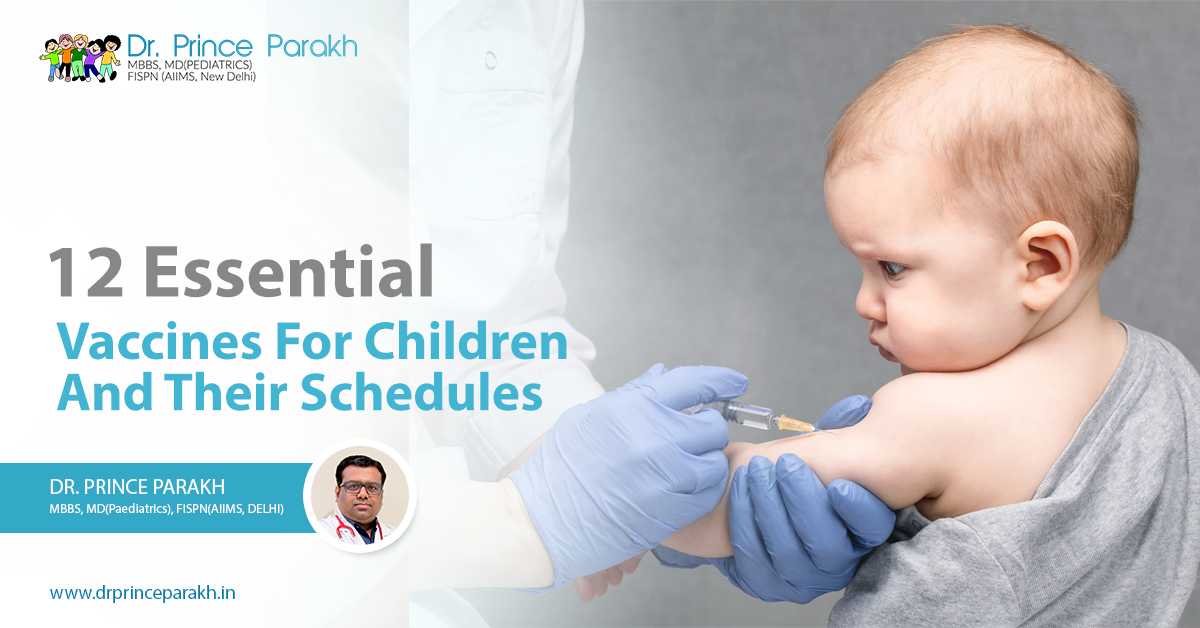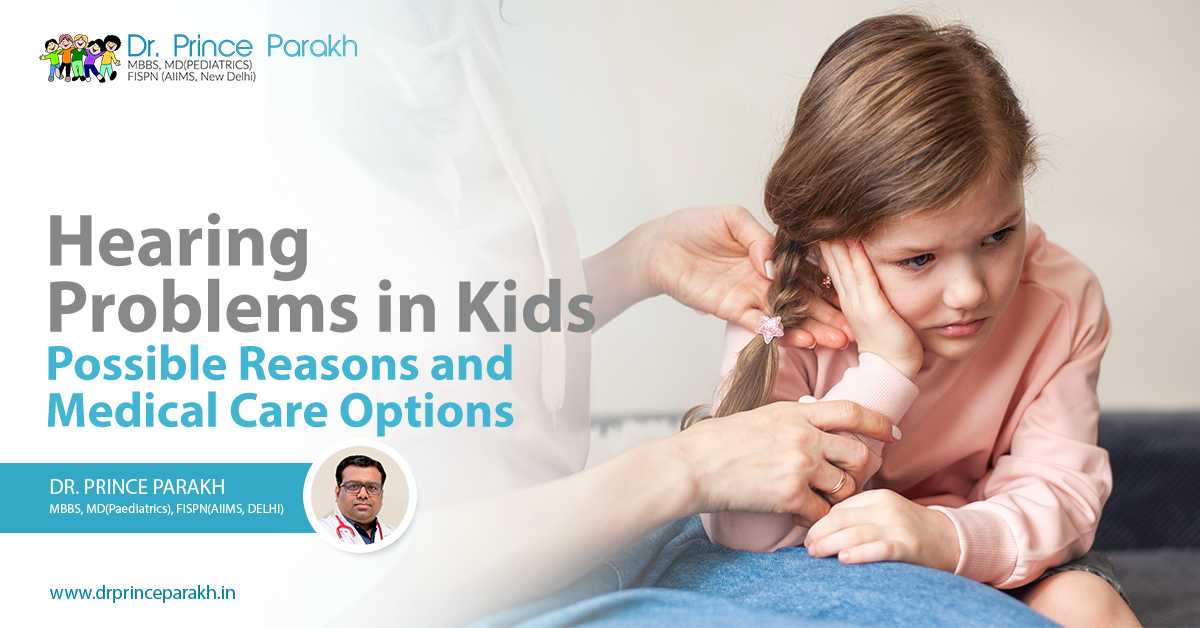Many infants struggle with health issues, and some may need special medical care right away. For these babies to survive and remain healthy, critical care support, typically given in a Neonatal Intensive Care Unit (NICU), becomes essential. Get critical care in Siliguri for your baby’s well-being at the top pediatric hospital or clinic in town.
This blog shares why newborn babies need critical care.
Premature Birth
It's possible that premature babies are underdeveloped, specifically in vital regions like the brain, digestive tract, and lungs. Breathing issues, trouble eating, and a greater risk of infection are common health concerns with preterm birth.
Premature birth refers to when a baby is born before 37 weeks of gestation, and this is one of the most prevalent causes of NICU admission. NICU critical care staff keep monitoring these infants, frequently utilizing ventilators to help with breathing and giving them intravenous or tube-based nourishment until they are well enough to feed.
Low Birth Weight
Low birth weight is defined as a newborn weighing less than 2,500 grams, or around 5.5 pounds, which affects one in every 10 /12 babies. These babies are more susceptible to health issues, including poor eating, a weakened immune system, and trouble regulating body temperature. Neonatal intensive care unit, temperature-controlled bed, and special feeding are usually effective for these babies.
Congenital Conditions and Birth Defects
Congenital abnormalities, such as heart problems, metabolic diseases, or genetic syndromes, might affect certain newborns and need to be treated right away in the neonatal critical care unit. Others could struggle to breathe or eat due to disorders like diaphragmatic hernias.
Birth Complications
A newborn may occasionally suffer from oxygen deprivation or trauma as a result of labor and delivery complications, such as an extended labor, cord prolapse, or an emergency cesarean surgery. Birth injuries may result from these circumstances, and in an NICU setting, early care and surveillance can promisingly reduce or avoid long-term damage from such issues.
Infections and Sepsis
Newborns are especially susceptible to illnesses, and this is because their immune systems are still developing. Some babies have infections like Group B Streptococcus that are transferred from the mother, or they may get sepsis soon after birth. Effective infection management in the NICU depends on prompt diagnosis, antibiotic treatment, and supportive care.
Breathing Difficulties
Respiratory problems can arise at delivery even in full-term newborns. A newborn may have trouble breathing due to conditions such as transitory tachypnea (brief fast breathing), Meconium Aspiration Syndrome, or Respiratory Distress Syndrome (RDS), and in these situations, prompt medical attention is essential.
In order to assist in stabilizing the baby, NICUs are furnished with sophisticated respiratory support equipment, including mechanical ventilators, oxygen treatment, and continuous positive airway pressure, or CPAP.
Multiple Births
Due to their frequent early deliveries, twins, triplets, and other multiple births require more neonatal care. With customized care plans for each infant, NICUs are equipped to care for several at once for multiple births. Seek support from one of the best hospitals for pediatric critical care in Siliguri or at your nearest location.
Even while the thought of a baby requiring critical care might be frightening, it's vital to learn that neonatal care is critical for their well-being. NICUs provide a lifeline by offering professional care, 24-hour monitoring, and cutting-edge medical assistance. Visit one of the most trusted neonatal pediatric hospitals.





